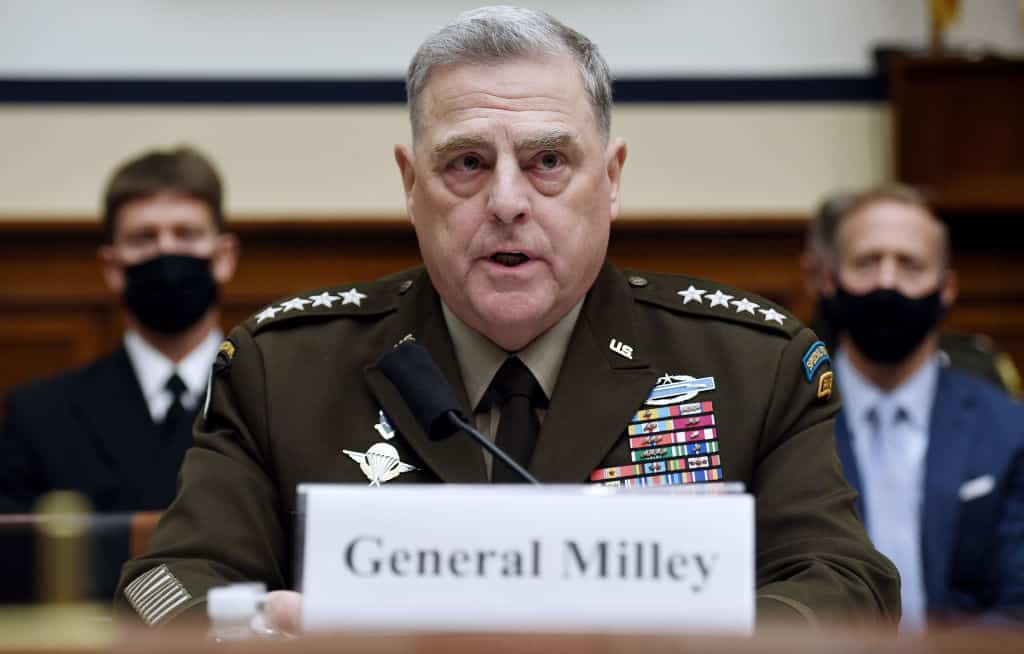War is too important to be left to the generals.
This famous quip from French statesman Georges Clemenceau rings as true today as it did almost a century ago.
The tradition of civilian control over the military is one of America’s oldest, dating back to the Revolution, but it has come under attack in the decades since World War II, and the loss in Afghanistan laid bare the decay of civil-military relations. On this week’s episode of the Drill Down podcast, Eric Eggers and Peter Schweizer are joined by Jack Posobiec, former military intelligence officer and now author, to put this decay in the context of embattled General Mark Milley’s testimony to Congress on September 28th.
Milley’s time in the spotlight is just the latest case of a general, active or retired, inserting themselves into American politics in recent years. Michael Flynn, former three-star general and national security advisor to President Trump, has pushed the boundaries of generally accepted political engagement from former senior military leaders by taking an oath affiliated with the conspiracy theorist group QAnon.
Milley and Flynn provide colorful examples of the critical and underdiscussed topic of civilian-military relations. But the rise of the professional military class following WWII and the deference paid to them by political leaders has placed civilian command of the military in uncharted waters. As politicians, especially presidents, cycle through every few years, the steady and experienced advice from career generals is hard to challenge.
Presidents Harry Truman and John F. Kennedy both had to grapple with a similar situation when they took office as strategic neophytes, but they stood their ground and affirmed civilian rule over the military.
It’s up to President Biden whether the next military crisis will be left to him, or to the generals.

